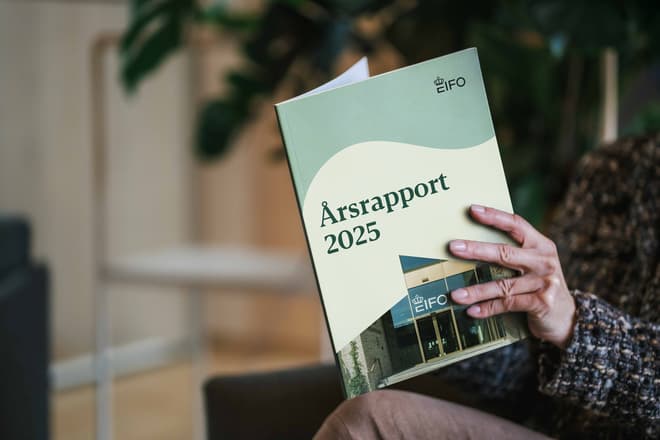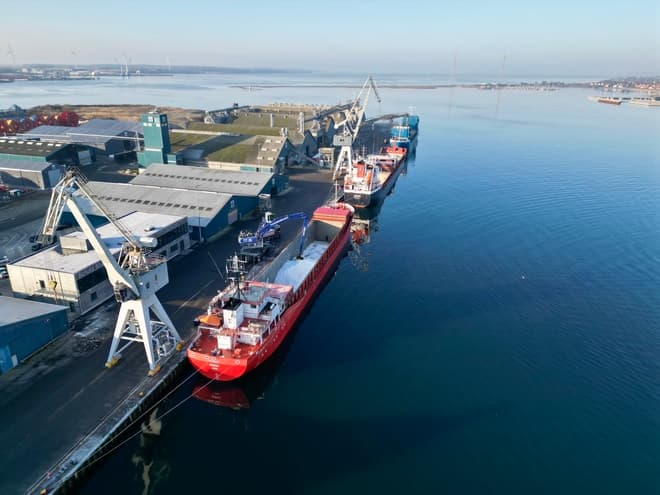Hungary does not want to support the current EU proposal to ban imports of Russian oil. In fact, the country is ready to veto and thereby prevent the proposal from becoming a reality. This is what Hungary's Minister of International Relations, Zoltán Kovács, said in an interview with the BBC.
- If we vote for the proposal, we will completely destroy the Hungarian economy, Kovács said in the interview.
Hungary's Foreign Minister, Peter Szijjarto, has also spoken of the country's skepticism towards the proposal. According to Szijjarto, the proposal in its current form would "completely destroy" Hungary's security of energy supply. Therefore, Hungary "cannot responsibly vote for the proposal," he says.
- This sanctions package will completely destroy the security of Hungary's energy supply, Szijjarto says in a video on his Facebook page according to AFP.
The EU proposal currently calls for a gradual ban on imports of Russian oil over the next six months. By the end of 2022, imports of Russian oil will be completely banned. Hungary and Slovakia, both of which are highly dependent on Russian oil, will, however, be able to import the oil until the end of 2023.
Wants to have oil via pipelines exempted
Representatives from the 27 EU countries met on Wednesday to discuss the proposal. It needs the support of all member states for it to take effect. The Hungarian foreign minister has said that the country would support the proposal if crude oil delivered via pipelines is exempted from the EU ban.
Hungary gets a large part of its oil consumption via pipeline from Russia. So does Slovakia. According to the Hungarian government, 65 percent of the country's oil comes from Russia. And for gas, it is a full 85 percent.
The EU's proposal to ban imports of Russian oil is part of the latest package of sanctions against Russia. The sanctions packages came in response to Russia's invasion of neighboring Ukraine.
Ritzau
Text, graphics, images, sound, and other content on this website are protected under copyright law. DK Medier reserves all rights to the content, including the right to exploit the content for the purpose of text and data mining, cf. Section 11b of the Copyright Act and Article 4 of the DSM Directive.
Customers with IP agreements/major customer agreements may only share Danish Offshore Industry articles internally for the purpose of handling specific cases. Sharing in connection with specific cases refers to journaling, archiving, or similar uses.
Customers with a personal subscription/login may not share Danish Offshore Industry articles with individuals who do not themselves have a personal subscription to Danish Offshore Industry.
Any deviation from the above requires written consent from DK Medier.


























